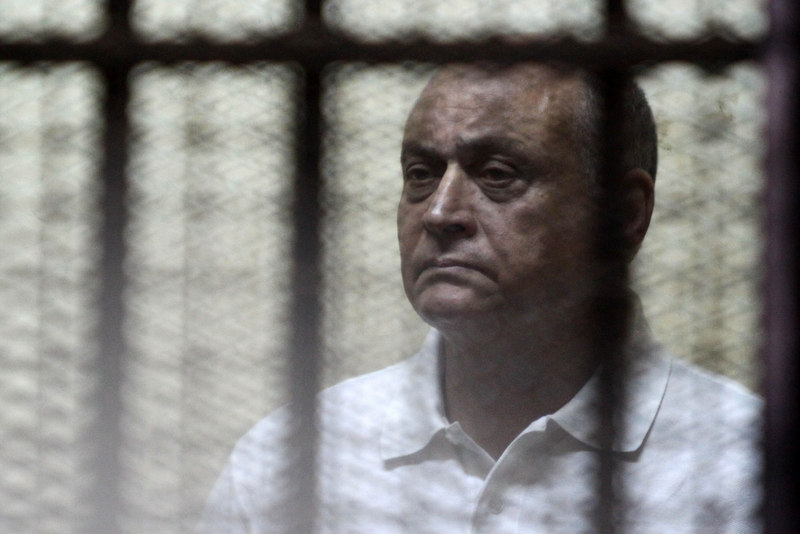CAIRO: The Egyptian parliament has approved a two-year postponement of municipal polls despite fierce objections from opposition Islamists and the United States, lawmakers said Wednesday.
The postponement of the municipal polls, in which the local councils exercise supervisory powers over provincial governors and officials working in local council units, are already having repercussions.
President Hosni Mubarak issued a decree last week calling for the delay of the elections which was passed by parliament s upper chamber on Sunday and approved in two readings late Tuesday by the lower chamber.
The local elections had been due to take place within the next two months.
The postponement was never in doubt, as parliament is dominated by Mubarak s ruling National Democratic Party but the main opposition bloc, the Muslim Brotherhood, had sharply criticized the move.
The NDP and government are afraid of losing their influence to the Islamists in the municipal elections. They are afraid because Egyptians know that there is an alternative, Brotherhood spokesman Essam Al-Arian said Sunday.
The Islamist movement, which secured a fifth of the seats in parliament in the November-December parliamentary elections, also argues that the move is aimed at preventing it from fielding a candidate in the next presidential poll.
Senior Brotherhood official Mohammed Habib was quoted as saying by the Al-Dustur daily that the government postponed then municipal polls to bar Gamal Mubarak s rivals.
Despite his insistence that he is not in the running for the 2011 presidential election, opposition parties and commentators in Egypt believe Gamal Mubarak is preparing to succeed his father.
Lawmakers said other opposition parties such as the Marxist Tagammu and the liberal Al-Wafd proposed the delay be brought down to six months, but the Muslim Brotherhood refused.
The U.S. State Department also voiced its displeasure at the postponement and said it would raise the issue with Cairo.
It is something that we are going to be discussing with the Egyptian government, spokesman Sean McCormack told reporters in Washington on Tuesday.
His comments were likely to raise new tensions between Egypt and the United States, which provides Cairo with nearly $2 billion a year in military and economic aid and has been pushing it hard for democratic reform.
The Americans have already been sharply critical of Egypt s conduct of last year s violence-plagued parliamentary elections. They also blasted Cairo for a five-year jail term handed down to opposition leader Ayman Nour.
U.S. trade officials said last month concerns over Egypt s commitment to democracy were blocking the launch of talks on a bilateral trade pact, and they reportedly withdrew an invitation to a delegation from Cairo.
According to a constitutional amendment proposed by Mubarak and approved by referendum in May 2005, a legal party must control five percent of parliament to field a candidate in a presidential elections.
Yet the only opposition movement to have achieved significant representation in parliament is the Muslim Brotherhood, which is still officially illegal and fielded its parliamentary candidates as independents.
The same amendment stipulates that an independent candidate must gather signatures from 250 elected officials, including 65 members of the People s Assembly, 25 Shura members and 10 municipal council members from at least 14 out of Egypt s 26 provinces.
Governors and mayors are appointed in Egypt while local councils are completely controlled by the ruling party and perceived as little more than repositories of the government’s power. AFP

